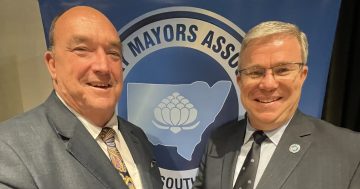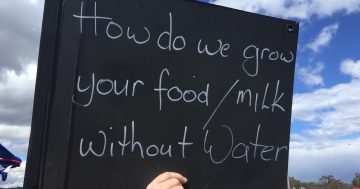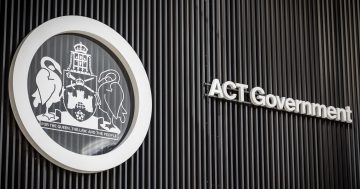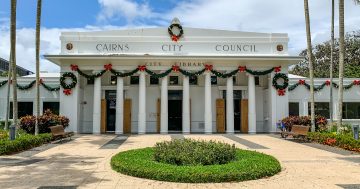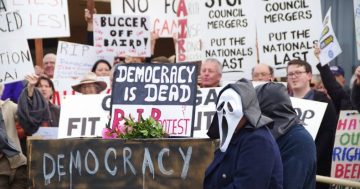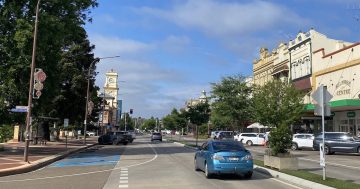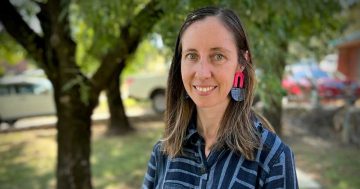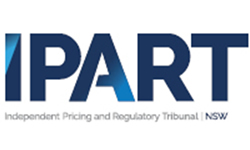 The Independent Pricing and Regulatory Tribunal (IPART) has announced its decisions on 17 NSW council applications for special variations to increase their general income by more than the rates allowed.
The Independent Pricing and Regulatory Tribunal (IPART) has announced its decisions on 17 NSW council applications for special variations to increase their general income by more than the rates allowed.
IPART said that every year it decides a ‘rate peg’ for each council in NSW which sets the maximum amount the councils can increase the general income they collect from ratepayers.
“For 2023-24, IPART set the base rate peg for 2023-24 at 3.7%,” IPART said.
“There is also an allowance for the level of population growth, meaning some councils have rate pegs up to 6.8%.”
It said that if the elected councillors agreed that a council needed additional revenue, it could apply to IPART for a special variation to increase rates income by more than the rate peg.
“In February and March this year, 17 councils applied for increases in rates income above the rate peg through special variations,” the Tribunal said.
Chair of IPART, Carmel Donnelly said the Tribunal recently released a draft report suggesting the Government consider commissioning an independent investigation of the financial model for councils in NSW.
“This call for an independent investigation is in response to a broad range of issues people have highlighted during consultation with IPART, including financial sustainability of councils, financial management and the affordability and fairness of council rates,” Ms Donnelly said.
“Many stakeholders expressed concerns about the special variation process during our recent review of the rate peg methodology,” she said.
“We also received over 1,800 submissions about these 17 special variation applications, including from people who raised broader issues about the financial model for councils.”
Ms Donnelly said the Tribunal considered everything raised in submissions including the impact of rates increases on ratepayers given current cost of living pressures.
“We also considered the impact on communities if councils were unable to deliver services that people depend on,” she said.
The IPART decisions determine the maximum amount the 17 councils can increase their council rates income.
“We encourage councils to consult with the community to decide how best to implement the allowed increase, noting that elected councillors can choose how they set council’s rates, including deferring any increases for up to 10 years and how they set rates across the rating categories,” Ms Donnelly said.
IPART’s reports on each of the 17 council special variation decisions and related documents are available on this PS News link.



